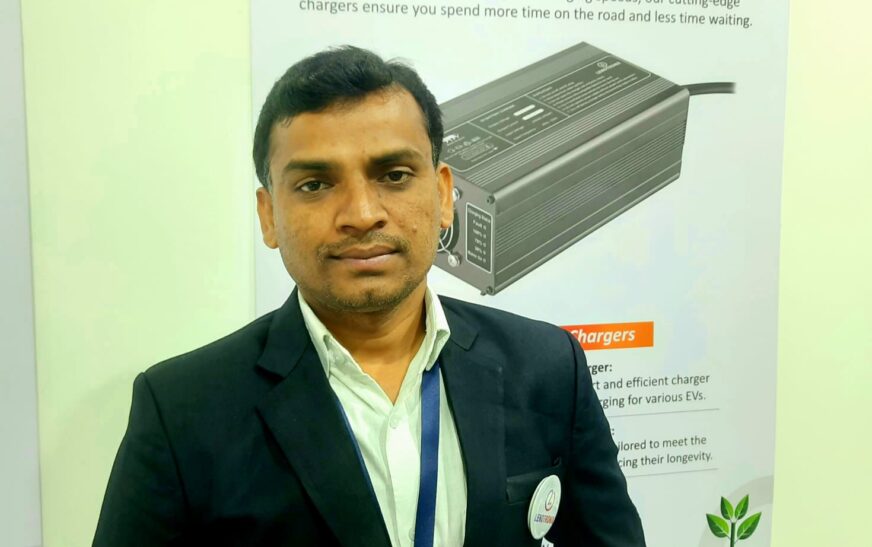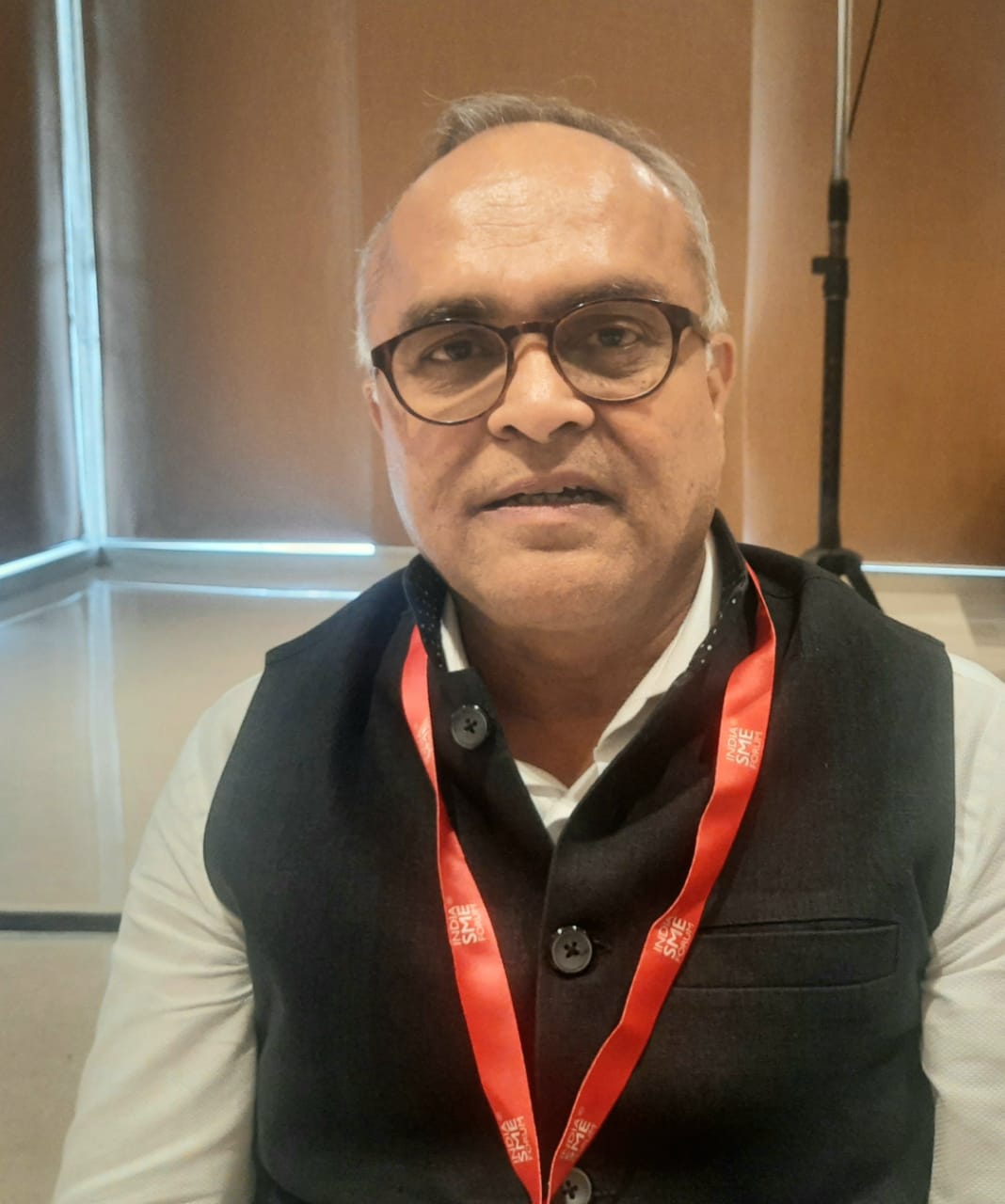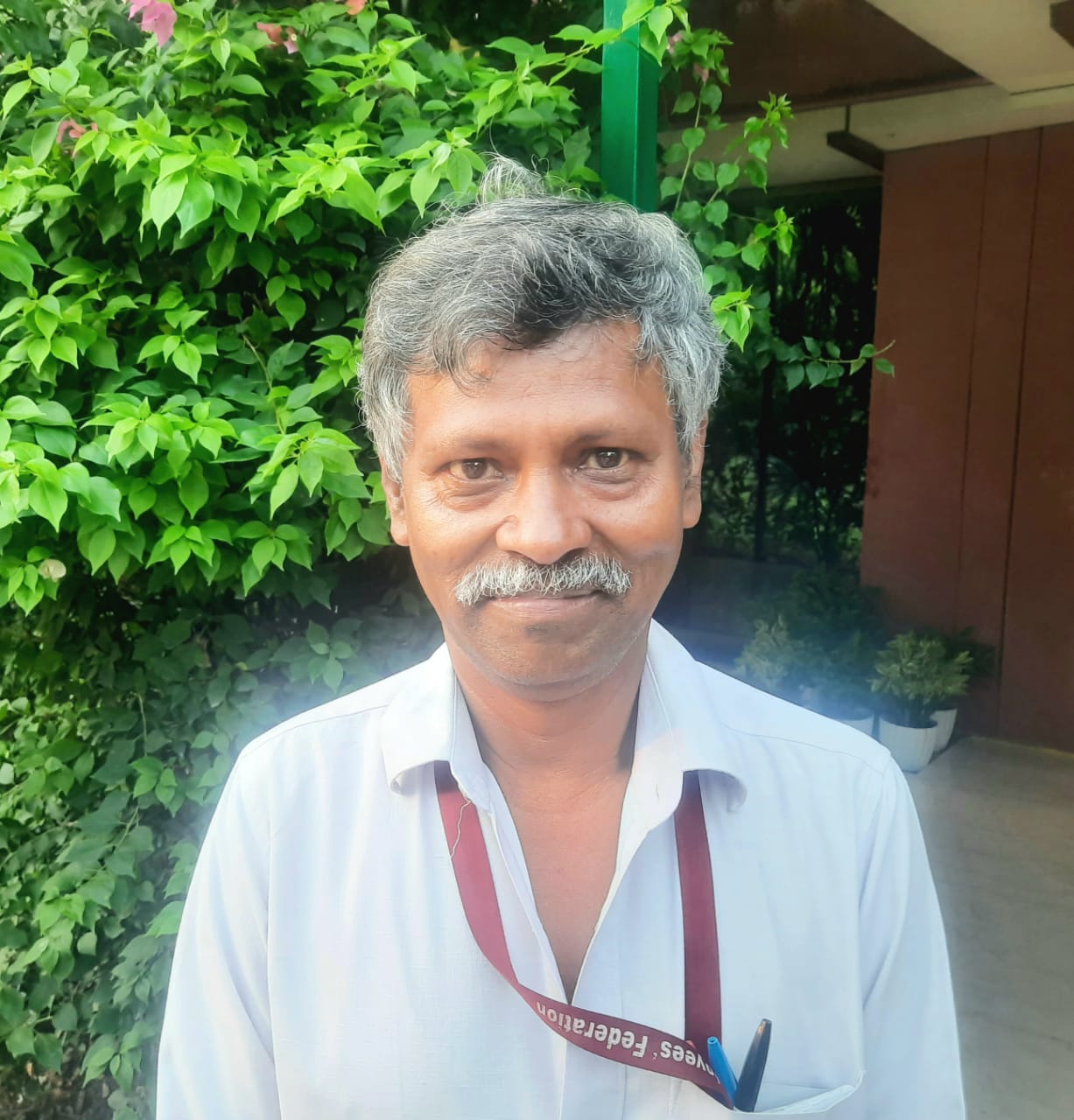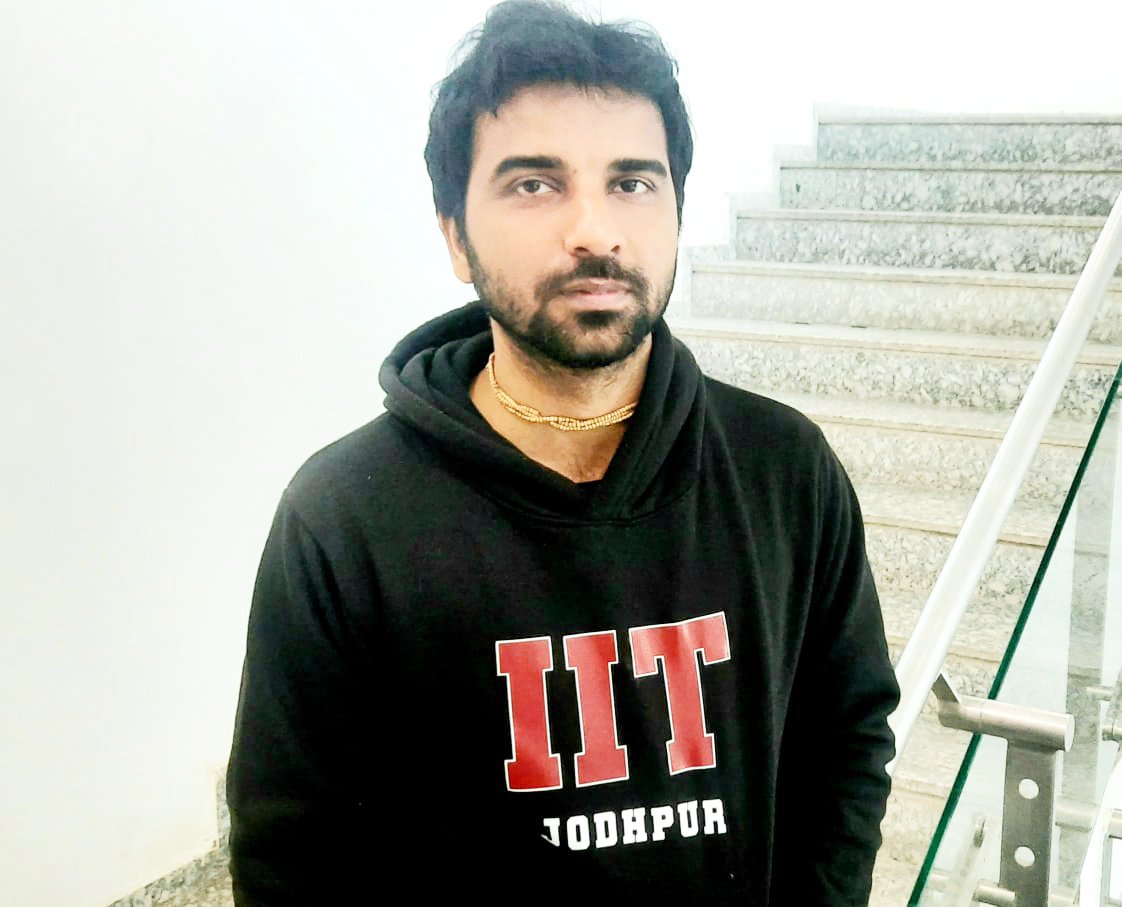Lenotronix stands as a prominent player in the realm of manufacturing Electric Vehicle (EV) chargers, IoT-based Vehicle Monitoring Systems (VMS), and Battery Management Systems (BMS). The company passionately delivers cutting-edge solutions for charging, monitoring, and managing EVs. Their dedication extends across various segments, catering to the diverse needs of two-wheelers, three-wheelers, and commercial fleets.
In a candid conversation with The Interview World, Sangameshwar Patlolla, CMD of Lenotronix underscore how the company is driving significant transformations in the EV landscape through the implementation of IoT-based VMS and BMS. The following excerpts from the interview provide a deeper understanding of the impactful contributions of Lenotronix to the EV industry.
Q: What sets your BMS apart from competitors and other market offerings?
A: India currently imports a significant portion of Battery Management Systems (BMS) from China. However, the Government of India frequently updates its regulations. This poses challenges for players in the industry, including two-wheeler assemblers and battery manufacturers.
The changing guidelines create difficulties for these stakeholders, especially when it comes to liquidating existing stock. Recognizing this issue, we, at Lenotronix, specialize in power electronic designs. Our expertise extends to chargers ranging from 6 amperes to 100 amperes, with power outputs spanning from 600 watts to 6000 watts. These chargers find applications in various EVs, such as bikes, tricycles, and boats.
Given our proficiency in power electronic design, we decided to address the challenges faced by domestic players and developed a unique BMS. This BMS covers a range from 8S series to 32S, offering customers the flexibility to customize based on their specific requirements. Importantly, our commitment to customer support ensures that clients can receive assistance promptly and tailored to their needs.
In contrast to relying on foreign suppliers, Lenotronix stands out by providing immediate and comprehensive support to customers, reinforcing our dedication to assisting them at any point in time.
Q: What scalability features does the product offer, and how easily can it be adjusted to accommodate varying workloads, allowing for both scaling up and scaling down as needed?
A: We’ve developed a versatile product that caters to a range of specifications, spanning from 8S to 32S. Should a customer specifically require a 16S configuration, we can easily customize the product to meet their needs.
Even after supplying the products, we understand that requirements may evolve. In such cases, we offer ongoing support through remote assistance or one-on-one consultations, ensuring we provide tailored solutions.
Our chargers have been in the market for over two years, with continuous supply since 2021. If a customer initially opts for an LFP (lithium ferro phosphate) charger but decides to switch to NMC (nickel manganese cobalt) after a few months, our remote service allows for a seamless transition. Whether it’s a change in lithium types or the incorporation of other additives, we facilitate the conversion process at our factory.
Customers simply send their chargers to us, and within minutes, our skilled technicians program the chargers with the appropriate software. This user-friendly process minimizes downtime, providing an efficient and hassle-free solution.
Q: Are you exporting your products as well?
A: Our factory is situated in Hyderabad. However, it’s important to note that our EV products currently lack UL and CE certification, preventing us from engaging in direct exports. Despite this limitation, our customers and battery manufacturers have taken the initiative to export our products. Consequently, our offerings have reached various African countries, including Togo and Benin, on the South African continent.
Q: What other innovative products have you developed?
A: We’ve developed an advanced vehicle monitoring system that empowers customers with comprehensive insights. Upon installing the device in their vehicle, users gain access to a myriad of parameters right on their dashboard, and this information is seamlessly accessible via our Android app as well. This includes real-time data on the vehicle’s location, remaining charge, travel range, speed, and even the ability to observe driver behavior. Furthermore, our system offers geofencing capabilities, allowing users to set specific radius restrictions for their vehicle movement.
In addition to this, we’ve recently introduced a new service catering to grocery deliveries. We’ve made significant strides in reaching out to the market, and to meet the growing demand, we’ve expanded our production facility. Remarkably, even with our current capacity, we can produce up to 20,000 charges per month. This signifies our commitment to innovation, customer satisfaction, and continuous improvement in our offerings.
Q: What is the current market landscape in India for products like yours, and what factors contribute to the demand and preferences in this specific market?
A: This product is currently in its introductory stage, based on my understanding. Gasoline vehicles, powered by petrol and diesel, constitute less than 5% of the overall sales of internal combustion engine (IC engine) vehicles. Consequently, the Indian market has a significant untapped market potential. The industry is still in a corrective phase.
Moreover, the Indian government is actively supporting this transition. Initiatives such as FAME subsidies and the recent GST relaxation are clear indicators of their support. Initially taxed at 18%, we are now only charged a 5% GST. This reduction is a testament to the government’s commitment to the cause. In essence, both directly and indirectly, they are backing this initiative.
In conclusion, our government’s policies are aligned with the shift towards alternative fuel vehicles.
Q: How does your company envision innovating and expanding upon its current product offerings shortly?
A: Quality holds paramount importance in our products. Despite our prices being slightly higher than the market average, we refuse to compromise on quality. Our price range initiates at Rs. 2200, extending up to Rs. 44000 for larger products, such as the 6000-watt chargers designed for larger EVs like electric boats. These chargers cater to four-wheelers, three-wheelers, and two-wheelers.
Considering the increasing demand, especially for electric boats with their higher wattage requirements, we are contemplating a new project. This project involves incorporating a controller directly into the chargers. What’s more, any future updates can be seamlessly managed. No need for customers to visit our service center or factory; it’s all achievable over Wi-Fi, mirroring the convenience of installing apps on smartphones.









1 Comment
Thanks for sharing. I read many of your blog posts, cool, your blog is very good.
Comments are closed.